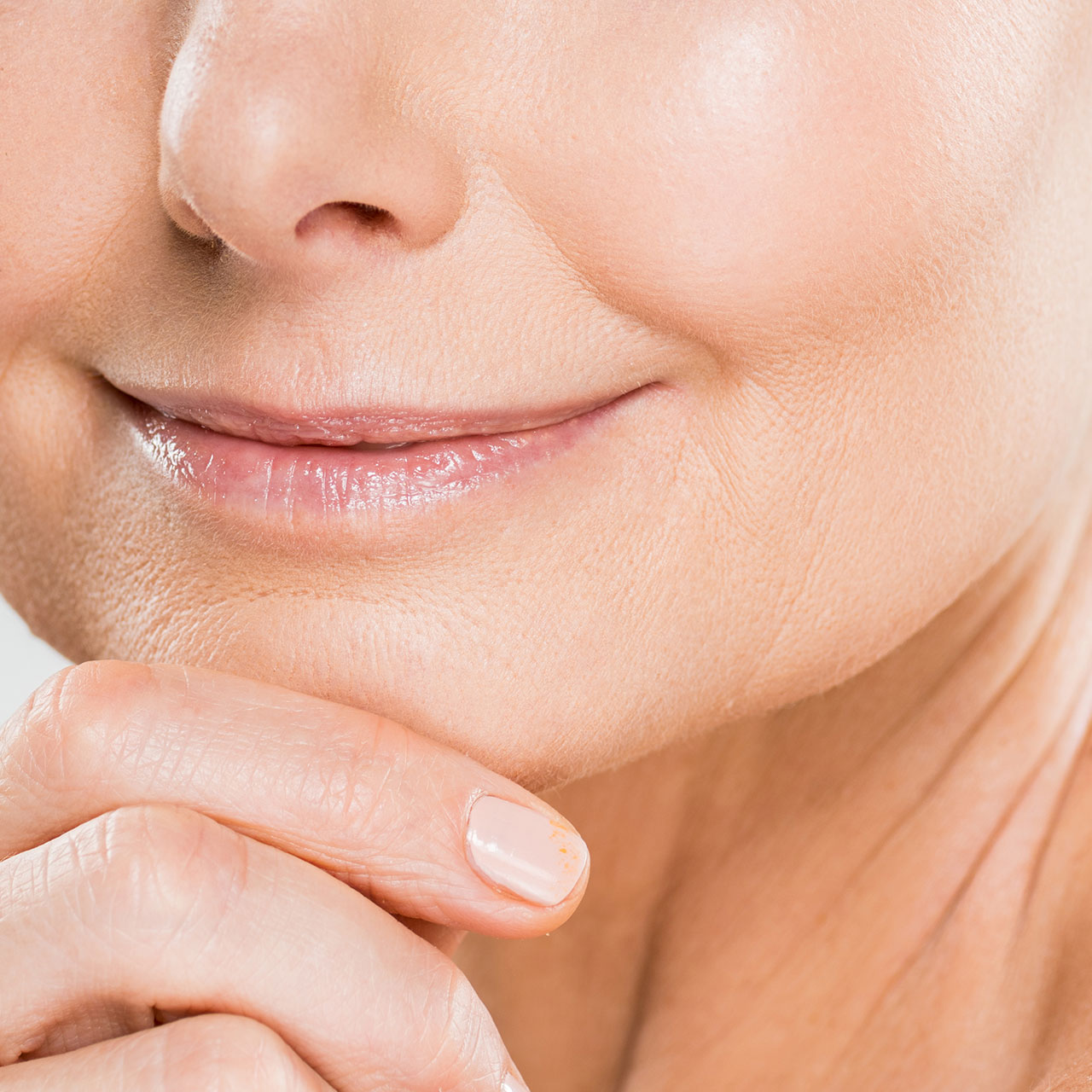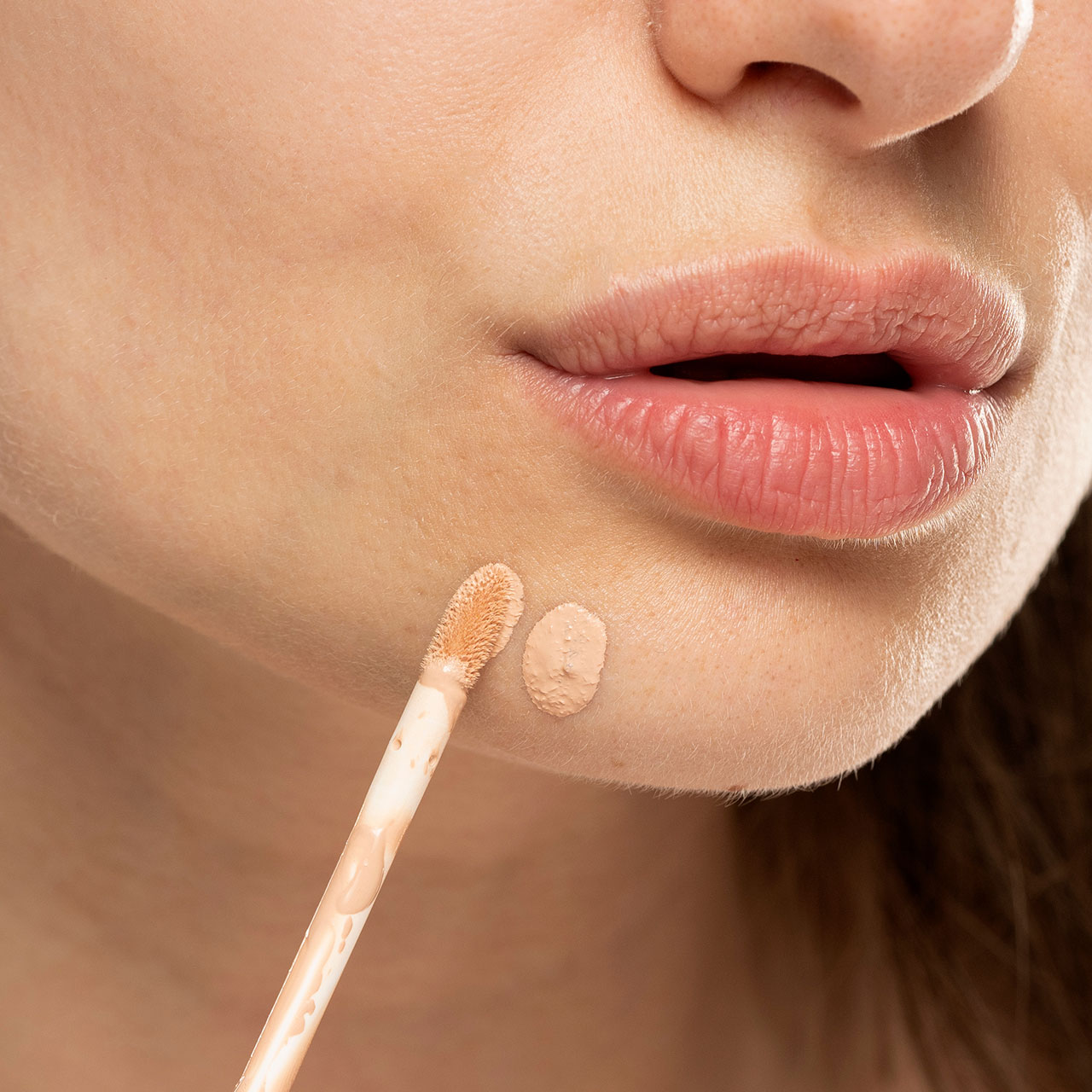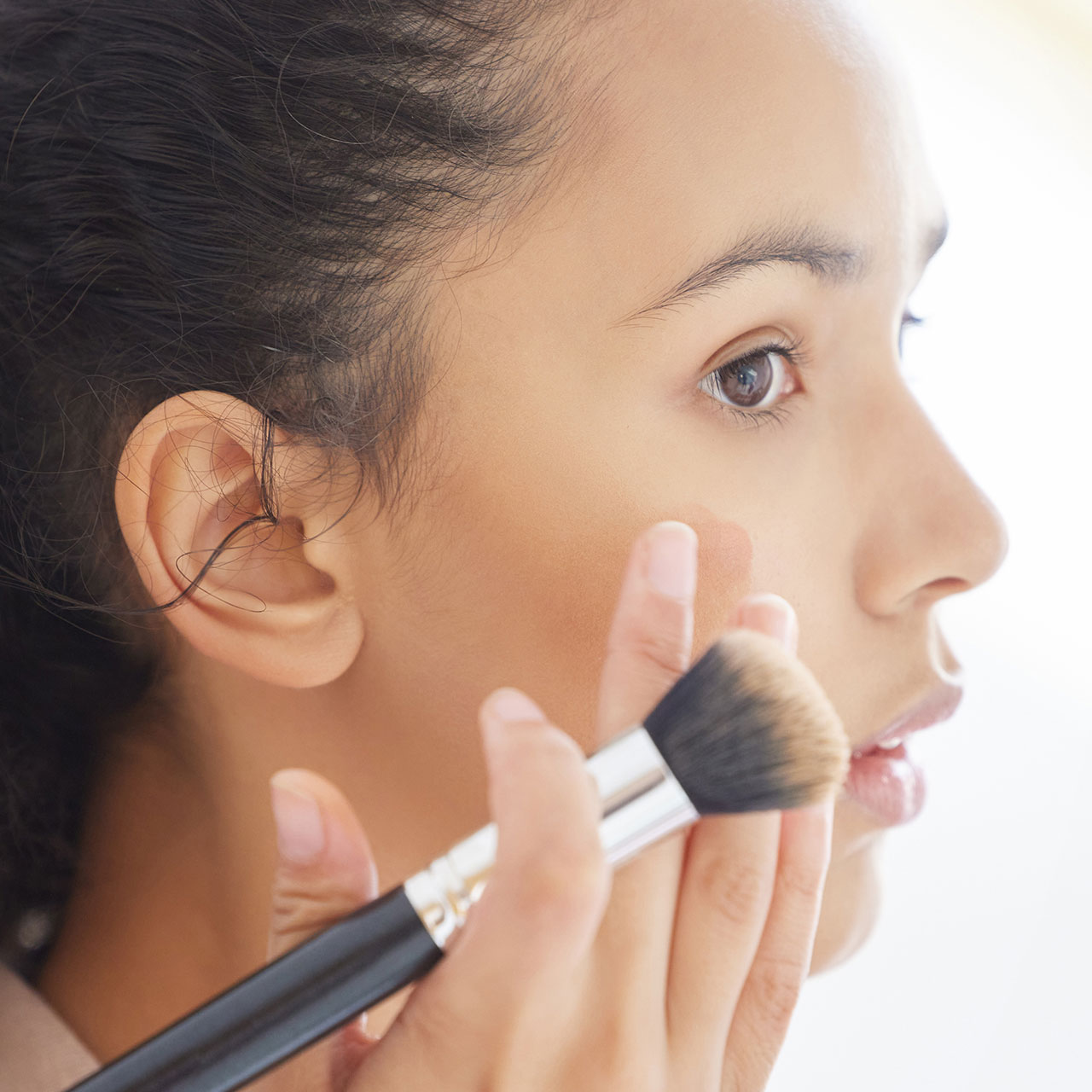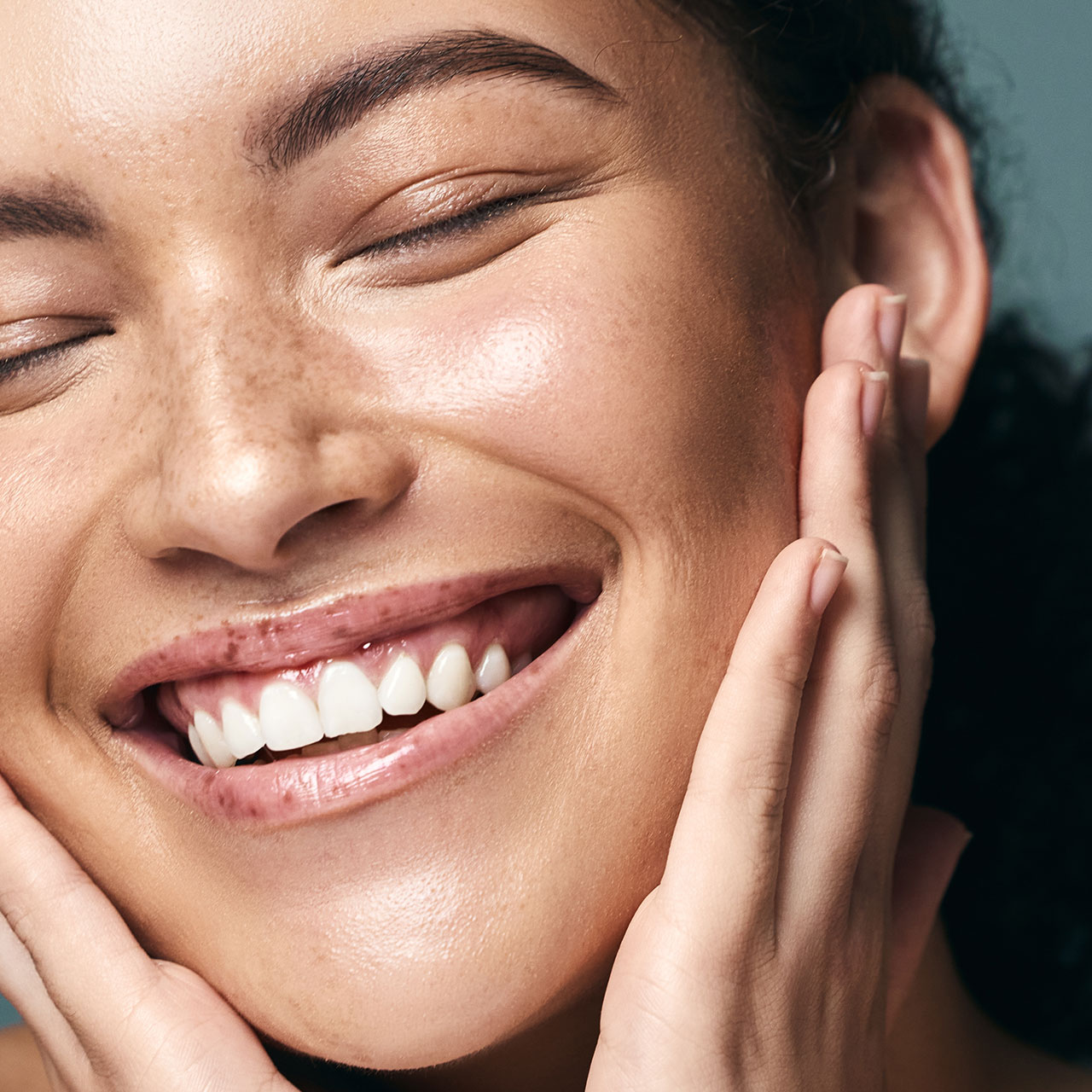As we age, our skin might not be able to handle some of the skincare products that used to work for us in the past. For example, many of us with once-oily skin might notice it become much more dry, and if we already have dry skin, we might see it become even more coarse and less supple.
In order to aid our aging skin, it’s imperative to hydrate it frequently and provide moisture, especially if the goal is to keep that youthful, radiant glow (rather than dull skin) as long as possible. There is one ingredient found in many products that you might already use, that can dehydrate and dry out your skin even more.
We spoke with skincare experts to learn more about why it should be avoided with aging skin, and how frequent use of it can alter your complexion’s overall look in the long run. Read on for skincare product tips from dermatologist Ksenia Sobchak of Giejo Magazine & Loxa Beauty, Dr. Hashal Ranglani, certified dermatologist of INVITY as well as medical aesthetician Tina Angers of Carolinas Center for Cosmetic Surgery.

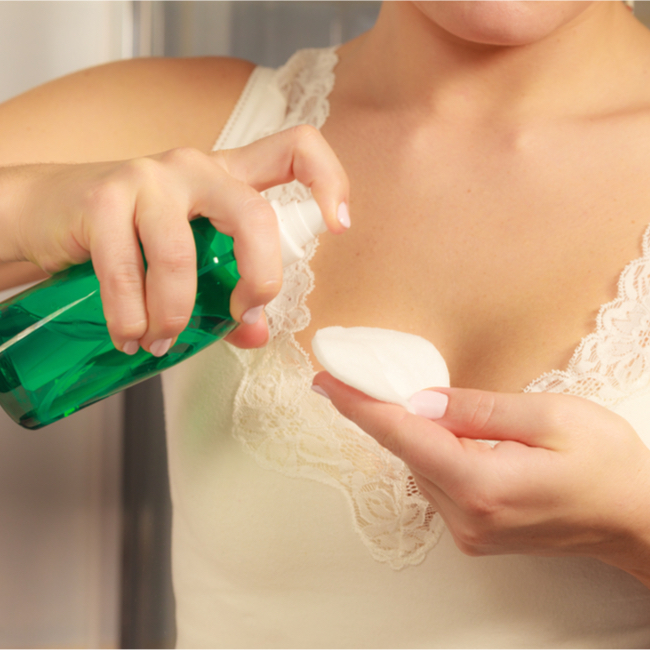
How Products With Isopropyl Alcohol Dehydrate Aging Skin
Aging or mature skin is often characterized as dry and fragile, Ranglani says. She notes that “when shopping for skincare items, those with this skin type should avoid using products that contain simple alcohols.”
Simple alcohols are ingredients in skincare commonly used as solvents and are notoriously dehydrating because they evaporate very quickly. “When applied topically, simple alcohols draw out moisture from the skin while stripping it of its protective barrier,” Ranglani adds. “When left with no moisture or protection, skin aging is accelerated, and the skin is more vulnerable to environmental damage.”
So, what constitutes simple alcohols? Ranglani says to beware of the following types: alcohol denat (denatured alcohol), SD alcohol 40 (specially denatured alcohol), Ethanol and—most importantly— isopropyl alcohol.
Alcohol dehydrates the skin, making it more sensitive and killing the barrier function. Consequently, as Sobchak explains, “the skin turns red, increasing sensitivity, and may develop eczema.” She says to check out for labels “containing isopropyl alcohol and avoid them completely.”
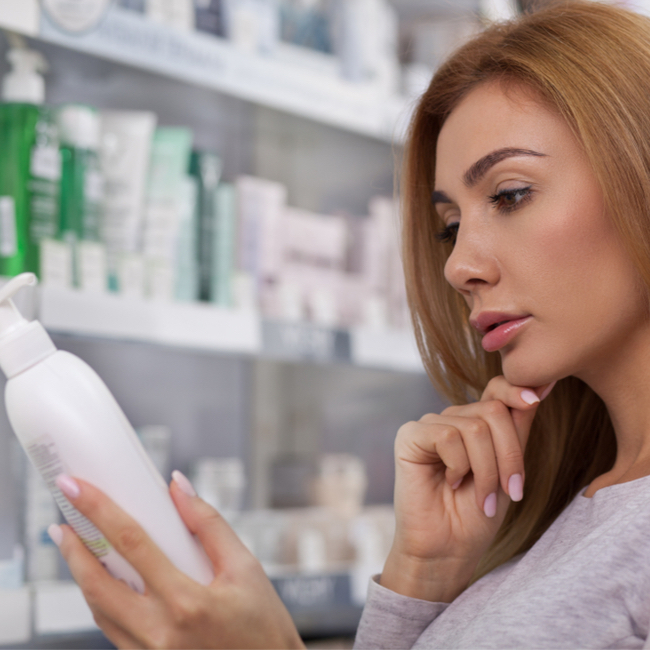
Isopropyl is one to watch out for due to its ultra-drying, flake-inducing abilities, adds Angers. “One skincare ingredient that can dry out aging skin is isopropyl alcohol is one example, commonly found in skincare products like over-the-counter toners,” she says.
Angers explains that this popular over-the-counter toners or astringent ingredient is often used “because it helps other ingredients to be absorbed into the skin and allows for a smoother application.” (That is, if your skin is younger, contains more moisture, and isn’t dry already!)
Isopropyl alcohol, she says, can be drying to the skin if it's “in high concentration” and/or “combined with other drying ingredients” (such as sulfates). In these cases, it is especially drying to aging skin as, she notes, “aging skin is already battling transepidermal water loss” (the skin's inability to retain moisture).
Angers concludes that a good rule of thumb when reading product ingredients is that “if it is one of the first ingredients listed, it is in higher concentration than ingredients listed further down.” Good to know!










